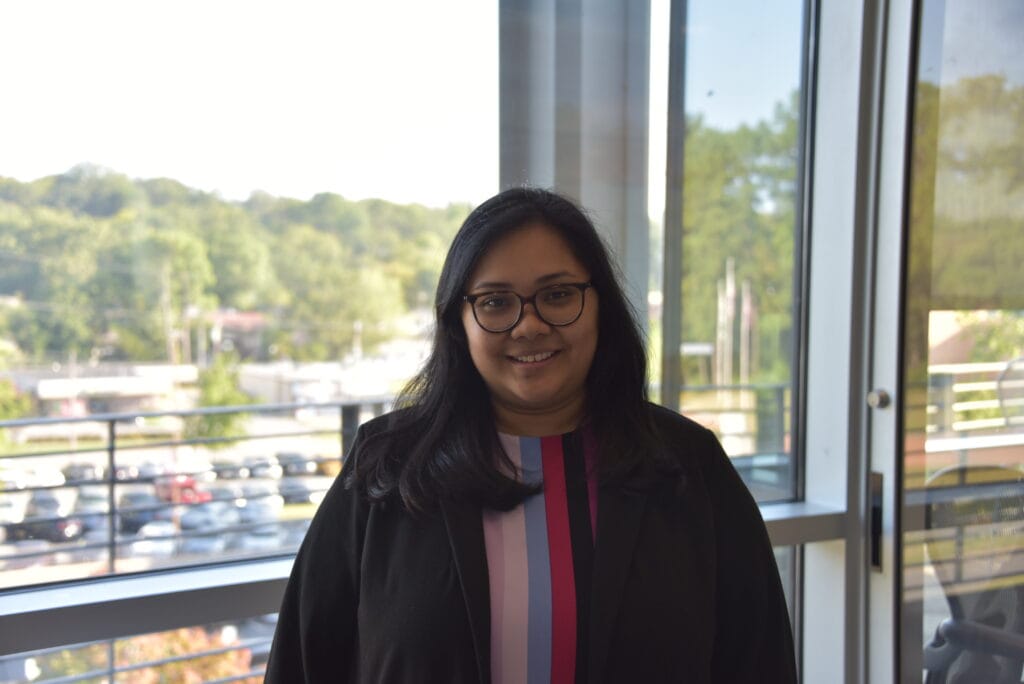When Dannis Armikarina, RN, began considering subjects for her doctoral research, she thought about how her daughter will one day have to transition from pediatric to adult care settings.
“It was just this mom anxiety, trying to figure out what’s going to happen after she turns 18 or 21 and has to go see adult providers,” said Armikarina, a Ph.D. candidate in the University of Arkansas for Medical Sciences (UAMS) College of Nursing.
Having worked for much of her career in the cardiovascular surgery unit at Arkansas Children’s, she took particular interest in the transition process for women who have congenital heart disease. She found that few research studies have focused on how this condition affects the primary care needs of women as they reach adulthood and assume more responsibility for their health care.
“I wanted to address this concept of holistic and comprehensive care for women with congenital heart disease,” Armikarina said.
Armikarina’s research study aims to identify the unmet needs of women in this population. She’s conducting interviews with women ages 21-30 who have congenital heart disease, with a goal of learning more about how the transition process and the lapse of care during that process affect their health care, quality of life and perception of their health.

Armikarina said congenital heart disease can affect many aspects of a woman’s health, such as menstruation and the ability to have children. It’s important that primary care practitioners, including those who provide women’s health services, understand these nuances and address each woman’s unique needs, she said.
“We want these women to feel that everybody’s looking out for them — not only their cardiologist but also the providers of primary care and women’s health services,” she said.
Armikarina said she’s excited to see the results of her research and to raise awareness about this issue.
“Many of these women have told me they’re thankful that someone is hearing them out and giving them a voice,” she said. “I think that’s been one of the best things about this study.”
